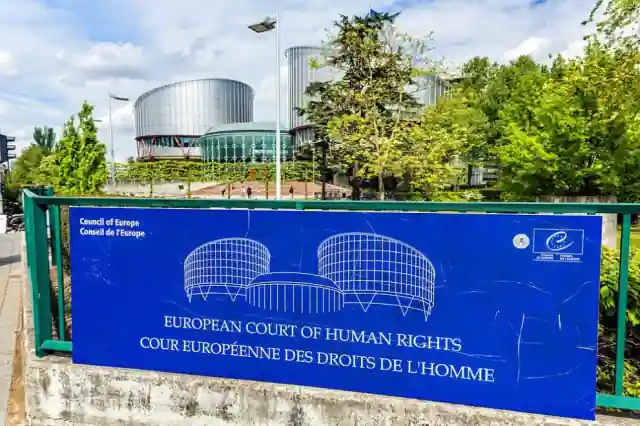
STRASBOURG, May 29, 2024 — In a landmark ruling, the European Court of Human Rights (ECHR) has condemned Bulgaria’s asset confiscation practices, spotlighting the country’s first unlawful asset forfeiture law.
The court found that Bulgarian authorities failed to establish a clear link between confiscated properties and the crimes for which individuals were convicted, consolidating five complaints into a single case.
The ruling raises significant concerns about the fairness of Bulgaria’s legal proceedings and the financial burden imposed on defendants.
Among the applicants were prominent individuals such as Atanas Mandev from club “777” and Petar Glavchev, the father of rapper “Vanko 1”. Glavchev’s seven-story hotel in Plovdiv was seized following his conviction for pimping, but he did not pay the state fee of BGN 32,420.
Instead, the debt was written off by the National Revenue Agency in April 2022 due to the statute of limitations. In contrast, Mandev managed to repay a debt of BGN 642 before it was also extinguished by the statute of limitations in 2022.
The ECHR’s decision underscores the lack of clear evidence linking confiscated assets to the alleged crimes, a critical component of lawful asset forfeiture under the European Convention on Human Rights.
The court also highlighted the excessive legal fees incurred by individuals during these proceedings, adding to the already substantial financial and emotional toll on those affected.
The Ministry of Justice defended Glavchev’s case, asserting that Bulgarian courts had established a direct connection between his criminal activities—specifically human trafficking for sexual exploitation—and the property in question.
They argued that the confiscation of his hotel was consistent with the standards set by the Convention for the Protection of Human Rights. Despite these defenses, other confiscation cases are set for reopening.
The anti-corruption commission has been tasked with proving in court the connection between the crimes and the confiscated properties.
Individuals may seek compensation under Bulgaria’s State Liability Act if these cases fail, although this could involve protracted legal battles that might ultimately return to the ECHR.
The ruling has sparked criticism of recent legislative amendments, particularly a controversial provision in the Anti-Corruption Act that shields previous commissions from accountability.
This provision complicates the pursuit of claims for damages and has been seen as a legislative oversight that undermines Bulgaria’s internal mechanisms for addressing illegal confiscation cases.
Legal experts and human rights advocates are calling for legislative reform to rectify these issues. They argue that transparent and fair asset confiscation processes are paramount to ensure justice and uphold individuals’ rights.
The ECHR’s decision is a wake-up call for Bulgaria to align its practices with European human rights standards and protect citizens from unlawful government actions.
The ruling also underscores the importance of robust legal frameworks and independent judicial oversight in asset confiscation cases.
As Bulgaria faces increased scrutiny from the international community, it must take decisive steps to reform its legal system and restore public trust in its institutions.
This case marks a significant step in the ongoing effort to protect individual rights and ensure justice in asset confiscation proceedings across Europe.
The ECHR’s decision will likely have far-reaching implications, prompting other countries to examine and potentially reform their own practices in line with European human rights standards.
This article was created using automation technology and was thoroughly edited and fact-checked by one of our editorial staff members
